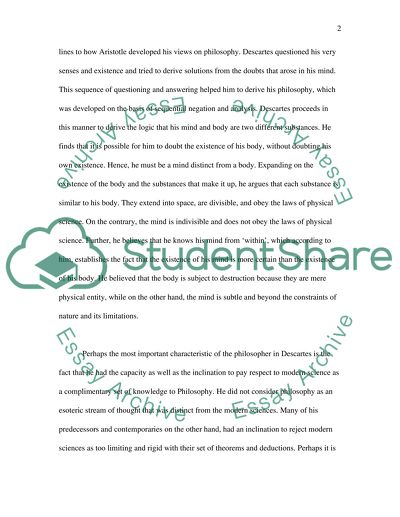Cite this document
(“Dualism Essay Example | Topics and Well Written Essays - 3000 words”, n.d.)
Retrieved from https://studentshare.org/miscellaneous/1541066-dualism
Retrieved from https://studentshare.org/miscellaneous/1541066-dualism
(Dualism Essay Example | Topics and Well Written Essays - 3000 Words)
https://studentshare.org/miscellaneous/1541066-dualism.
https://studentshare.org/miscellaneous/1541066-dualism.
“Dualism Essay Example | Topics and Well Written Essays - 3000 Words”, n.d. https://studentshare.org/miscellaneous/1541066-dualism.


